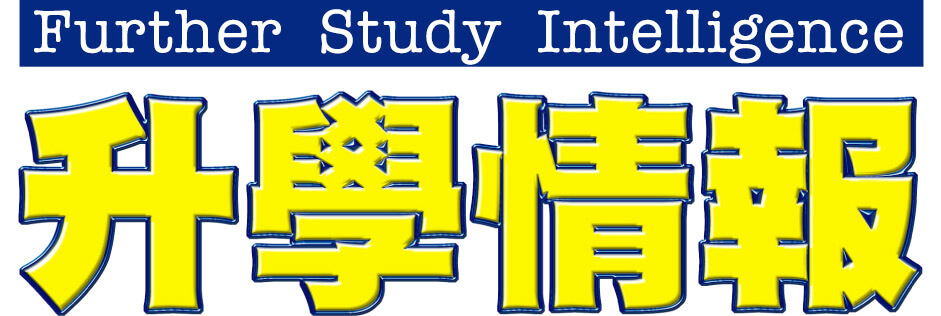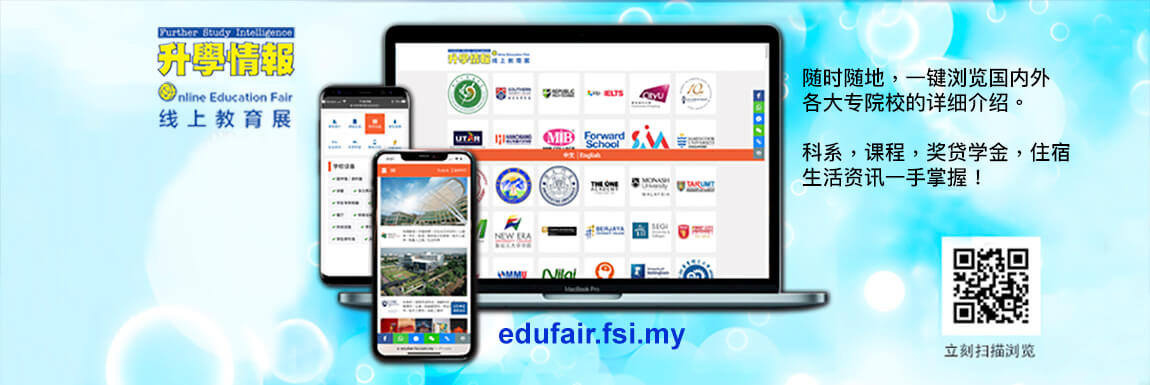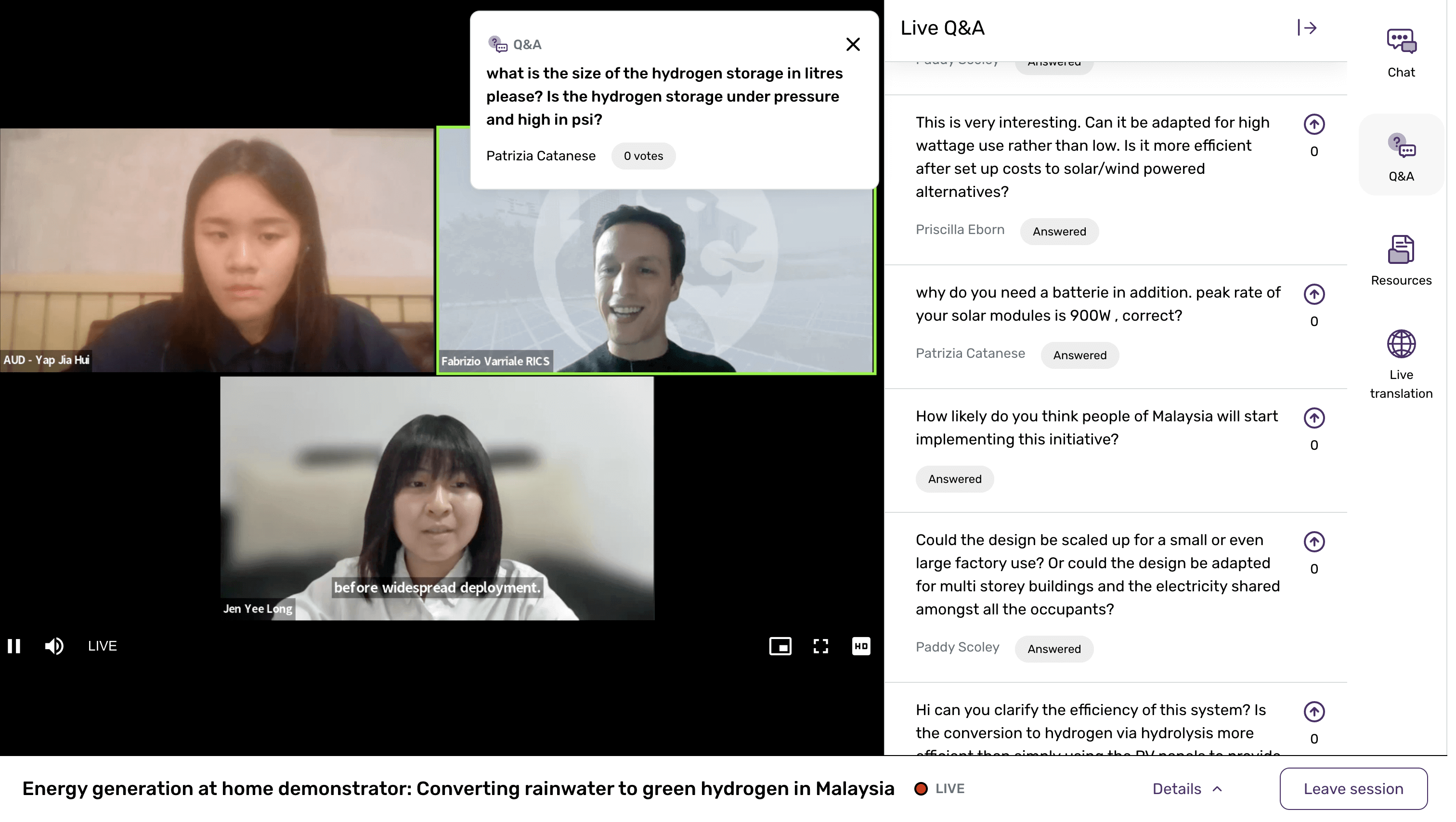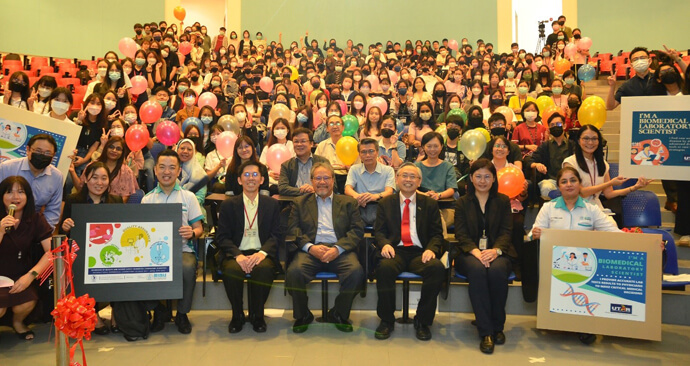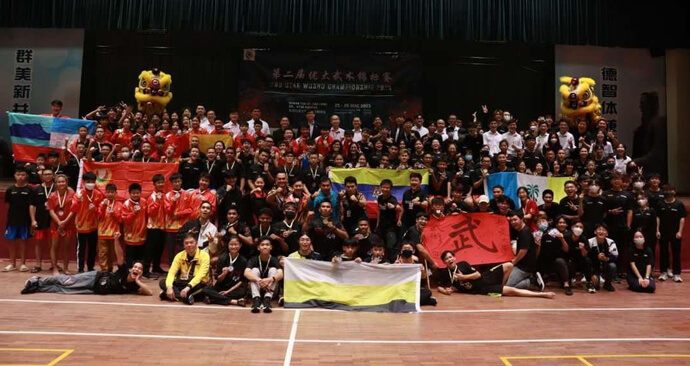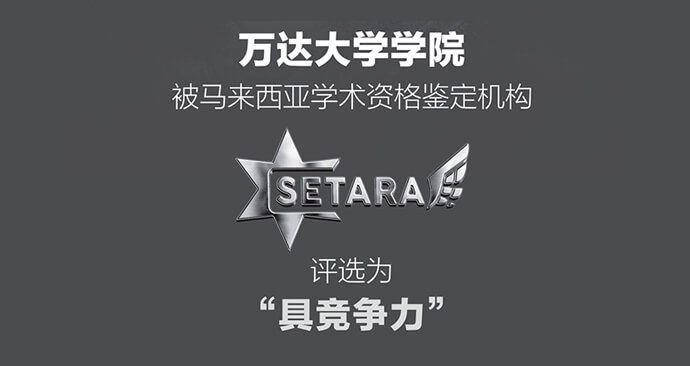UTAR Faculty of Arts and Social Science (FAS) academic Mohd Yusof bin Zulkefli won a silver award at the Virtual Melaka International Intellectual Exposition (V-MIIEX) 2021, organised by the Division of Research & Industrial Linkages of Universiti Teknologi MARA Malacca branch, on 2 July 2021, via YouTube.
Themed ‘Creativity in the New Norms’, the annual competition aimed to bring together ideas and inspiration that would meet the commercialisation needs. V-MIIEX also created a platform for researchers to establish networking, partnership and opportunities to collaborate with industries.
Mohd Yusof won silver in the innovation category, for his presentation on his research titled “Translating the Social Story into Virtual Reality to Modify the Sexual Behaviour Cues among ASD Individuals”. He also received certificates for his award and participation and is yet to receive his medal from the organiser.
Co-authored with Universiti Pendidikan Sultan Idris academic Dr Norfishah Mat Rabi, the research aimed to explore the impact of using Virtual Reality (VR) to assist in modifying the sexual behaviourcues. His research explained that sexual behaviour problem among individuals with autism spectrum disorder (ASD) is distressingly common. Most parents of ASD in Malaysia have serious apprehensions concerning the sexual development of their ASD child. Their child is growing up and there is a change in the desire for pleasure. Furthermore, in Malaysia, numerous parents are unwilling to speak with their children about sexuality like explaining the transition of the body due to puberty. This is because of the “socially awkward” uneasiness. This eventually winds up leasing their children getting onto inappropriate behaviour, even in public, to release their sexual desire. Computer-mediated communication technologies are available for use in educational programmes, such as Virtual Reality (VR). VR was originally conceived as a digitally created space that humans could access by donning sophisticated computer equipment. Once inside that space, people could be transported to a different world, a substitute reality in which one could interact with objects, people, and environments, the appearance of which were bound only by the limits of the human imagination. The objective of this innovative research is to explore the impact of using VR to assist in modifying sexual behaviour cues. Undeniably, a social story is a successful tool to help the ASD individual to understand the situation. But, when it comes to inappropriate behaviour and tantrum, ASD needs to be reminded frequently by reading social stories. It is time-consuming because parents, teacher, or caregiver needs to be there and read the social story together with them. Therefore, in this research, the social story will be translating into the basic element of VR and that is Diorama. This is an economical research innovation that could help the bottom billion community to help their ASD child who in the transition to puberty yet to reduce the sexual behaviour cues.
“This is my PhD project. My PhD can be considered as multidisciplinary research; a combination of my actual field which is Communication and a few other fields such as Special Education and ICT. I am also one of the Social Behaviour Consultants at UCCC. Therefore, this project is relatable to what I am doing now. I really enjoy doing this and my intention is to help the ASD individuals out there as best as I can. I have also always believed that if you enjoy doing something, you will give as best as you can and you will enjoy the journey. Award is just a bonus. But if you are forced to do something that you do not like, you will not enjoy it and there is no sincerity along the process,” enthused Mohd Yusof.
The result from his research shows that VR is the best computer-based intervention for ASD individuals. “Computers used as a form of intervention for ASD but VR is a new addition to technology-based intervention. The usage of VR will help the ASD individual to understand the situation better and could help to modify the sexual behaviour cues. Before the usage of VR, ASD individuals often find it difficult to read facial expressions, pick up visual cues, or pay attention to another person whilst they speak. However, the intervention by translating the social story into VR will assist a person with ASD to make sense of the situation around them. Therefore, parents, teachers, or caregivers do not need to sit and read the social story to the ASD individual. Since most ASD individuals owned a smartphone, thus the integration of the VR and social story can be played through the phone and played by using the VR anytime and anywhere,” explained Mohd Yusof.
Online Education Fair 线上教育展
Universiti Tunku Abdul Rahman (UTAR)
拉曼大学
https://edufair.fsi.com.my/utar
